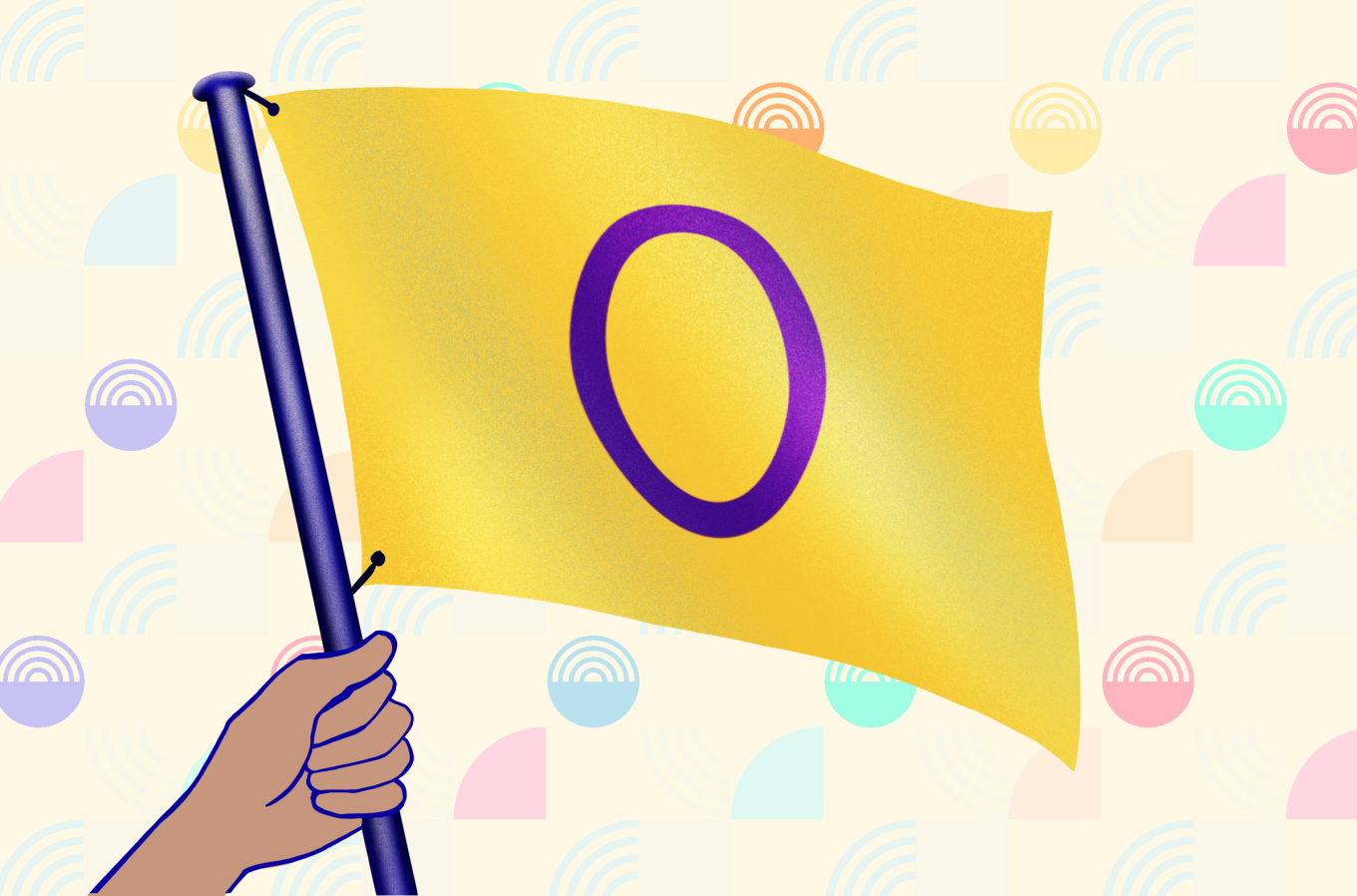
Insights
Pride Is for Intersex People, Too
Region(s)
TOPIC(s)
Type
Commentary
Author(s)
Publish Date
June 26, 2024
Share
It’s Pride month, and rainbow flags abound. Some of them include me, and some do not.
As a straight intersex woman who has always identified as female, I am sometimes asked why I think intersex should be included under the broader LGBTQ umbrella. After all, intersex is not a sexual orientation or gender identity, and most born with innate variations of sex anatomy (intersex) don’t even identify as queer. The answer is simple. Most intersex people like myself, whether straight, gay, trans, or gender-diverse, have experienced discrimination, oppression, and violence stemming from others’ fear of differences – in our case, differences in our innate physical sex characteristics. Like lesbian, gay, bisexual, queer, and trans people, we are often told by society that we are disordered and not normal and something to be fixed. And like our LGBTQ siblings, Pride month is a time when we can publicly insist on our value and human dignity - when we can claim and, indeed, revel in our uniqueness.

Intersex people have always existed and, in some indigenous cultures, are actually revered as special and cherished. However, across the world, most societies view the birth of an intersex baby negatively, with many subjected to harmful, medically unnecessary surgeries, abandonment, or infanticide. As a result, despite equaling about 2% of the world’s population (136 million), we remain largely invisible due to shame, stigma, and medical erasure.
In short, intersex people like myself share a similar quest for the basic human rights to self-determination, bodily autonomy, health, and well-being. The intersex community began organizing and speaking out about thirty-five years ago, and today is a growing international movement. Despite our issues existing at the intersection of children’s rights, women's and reproductive rights, and disability rights, as well as LGBTQ rights, it has largely been only the LGBTQ movement stepping up to support the intersex community. Queer and trans people were some of the first to align with the early intersex activists, and to date, funding for intersex activism has largely come from queer movement funders.
However, it's also important to be aware of our differences. Unlike most LGBTQ people, intersex people often face discrimination and harmful practices in infancy before they can even speak. Most of us remain closeted as intersex, including some who are already out as LGBTQ. Finally, the intersex movement is grossly under-resourced compared to others, receiving only 1-2% of all available funding for LGBTQI.
So, yes, intersex belongs under the LGBTQ umbrella and should be included in Pride. We are stronger together. For that reason, Outrights’s recent reports on Pride Around the World in 2023 and 2022 have documented and celebrated intersex inclusion in Prides in countries including Brazil, Nigeria, and the Philippines. And it’s not primarily about what flag you fly - plenty of long-time queer activists hold on to their old rainbow flags proudly while welcoming relative newcomers into the fold, while others fly more inclusive flags performatively, without true efforts at inclusion. But I challenge the broader LGBTQ community to fully understand “the I” to ensure meaningful inclusion that reflects a level of intersex literacy, allyship, and resource allocation that our movement needs and deserves all year long.
Tips for Intersex Inclusion:
- Invite intersex individuals and/or organizations to speak to your organization to increase your awareness and understanding of intersex experiences and the unique challenges they face. Don’t expect they will always be able to do this work for free.
- Center intersex voices and perspectives in any intersex-related work.
- Share resources and funding opportunities with intersex activists and intersex-led organizations, and be cautious not to co-opt their work.
- Whether conducting LGBTQ human rights research, advocating with governments, sensitizing the public, or providing services, ask yourself: is this work relevant to intersex people, too? And are they at the table?

Take Action
When you support our research, you support a growing global movement and celebrate LGBTIQ lives everywhere.
Donate Now